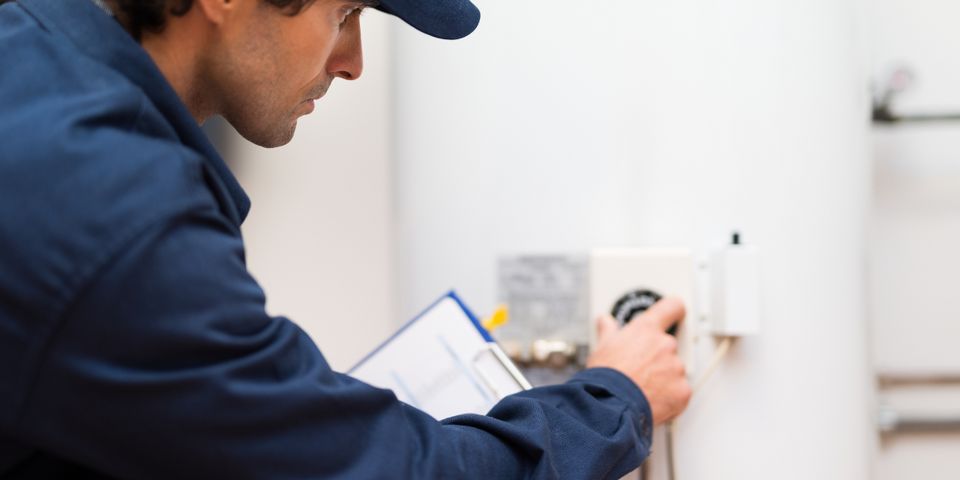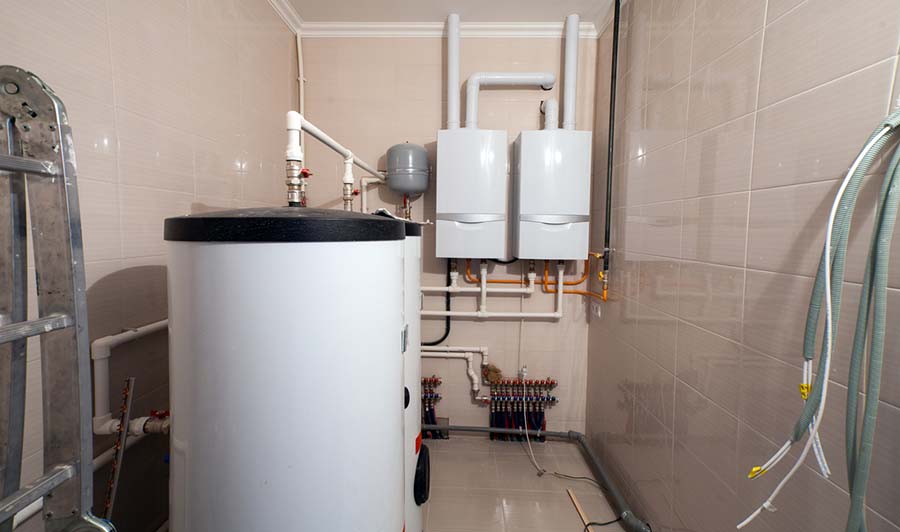Tackling the Most Frequent Hot Water Heater Emergencies
Tackling the Most Frequent Hot Water Heater Emergencies
Blog Article
They are making several great pointers related to Common Hot Water Heater Problems as a whole in this content down the page.

A water heater is among one of the most crucial standard home appliances that can be found in a house. With hot water heater, you don't require to go through the stress of home heating water manually each time there is a need to wash, wash, or the meals. However, there is constantly an opportunity that your water heater would act up just like the majority of mechanical devices.
It is necessary to note any little breakdown and also tackle it promptly before things leave hand. The majority of times, your hot water heater begins to malfunction when there is a build-up of debris as a result of continual use. As a safety measure, regular flushing of your hot water heater is recommended to stop debris accumulation and also protect against functional failing.
Common hot water heater emergency situations and how to manage them
Insufficient warm water
Managing an insufficient supply of hot water can be frustrating. It may be that the hot water heater can't sustain the hot water need for your house. To handle this trouble, you could attempt to change your heating unit's temperature dial as well as wait on a few mins. You can ask for the assistance of an expert plumber if the problem lingers. You can upgrade your water heater to one with a larger capacity.
Rising and fall water temperature level.
Your water heating system can start creating water of various temperatures usually ice chilly or scalding hot. There could be a requirement to change either the thermostat or the heating system of your water heating system.
Leaking water heater tank.
A dripping storage tank could be an indicator of rust. It can create damages to the floor, wall surface and electrical devices around it. You might also go to threat of having your home flooded. In this circumstance, you ought to shut off your hot water heater, permit it to cool down, and also meticulously look for the resource of the issue. Sometimes, all you need to do is to tighten a couple of screws or pipeline connections in cases of small leakages. Yet if this does not function and also the leak continues, you could need to employ the services of a technician for an ideal replacement.
Blemished or smelly water
When this occurs, you require to recognize if the issue is from the storage tank or the water resource. If there is no funny scent when you run cool water, then you are specific that it is your water heating system that is faulty. The odiferous water can be triggered by rust or the buildup of microorganisms or debris in the water heater tank.
Final thought
Some home owners ignore little warning as well as minor faults in their hot water heater device. This only leads to more damage and also a feasible total malfunction of your home appliance. You need to take care of your hot water heater faults as soon as they come near prevent more costs and also unneeded emergency problems.
With water heaters, you don't need to go with the tension of heating water by hand every time there is a demand to take a bathroom, do the laundry, or the meals. It might be that the water heating unit can not sustain the hot water need for your home. Your water heating system might start producing water of different temperatures normally ice hot or cold hot. If there is no amusing smell when you run cold water, after that you are specific that it is your water heater that is defective. The odiferous water can be caused by rust or the build-up of bacteria or sediments in the water heating system storage tank.
Common Water Heater Issues and What You Should Do
What Type of Water Heater Do You Have?
Before we begin it’s first important that you identify the type of water heater you have on your property. There are two main types of water heaters out there: conventional and high efficiency.
Both of these types of products typically use either gas or electricity to heat power. There are also solar water heaters that use a thermal collector on the roof or yard to heat the water.
While these models are not as common, they can cut heating costs in half. In this article, we will focus on conventional and high efficiency.
How Do My Electric and Gas Water Heater Work?
Though they look similar, electric and gas water heaters work very differently. It’s important to know their basic function because often problems can be specific to the heating source.
In the electric model, a thermostat on the side of the machine detects the temperature of the water in the tank. When the temperature needs to rise electricity flows to a heating element suspended in the water.
Gas models also use a thermostat device — typically with a mercury sensor at the tip and an additional sensor called a thermocouple. The thermocouple detects whether the pilot light is on and controls the flow of gas.
When the thermostat drops below the appropriate level gas is released which becomes ignited by the pilot light. The flame heats the bottom of the water tank which causes hot water to rise and cold water to drop.
This natural circulation continues until the water reaches the desired temperature. Then, the thermostat triggers the gas control valve to shut off the flow of gas.
What Are the Most Common Issues and How Do You Fix Them?
https://happyhiller.com/blog/common-water-heater-issues-and-what-you-should-do/

I discovered that article on Is Your Water Heater Leaking? while doing a search on the search engines. Please take the opportunity to distribute this page if you enjoyed reading it. We enjoy reading our article about Is Your Water Heater Leaking?.
Rely on our service. Report this page